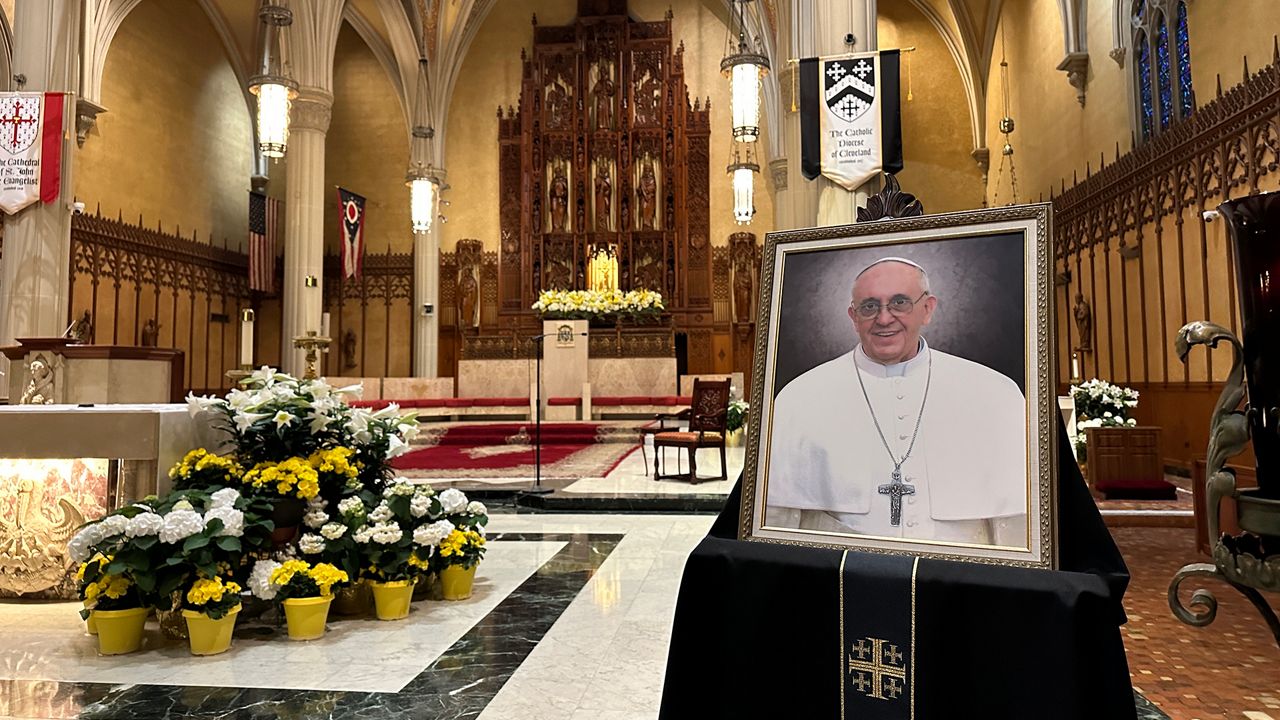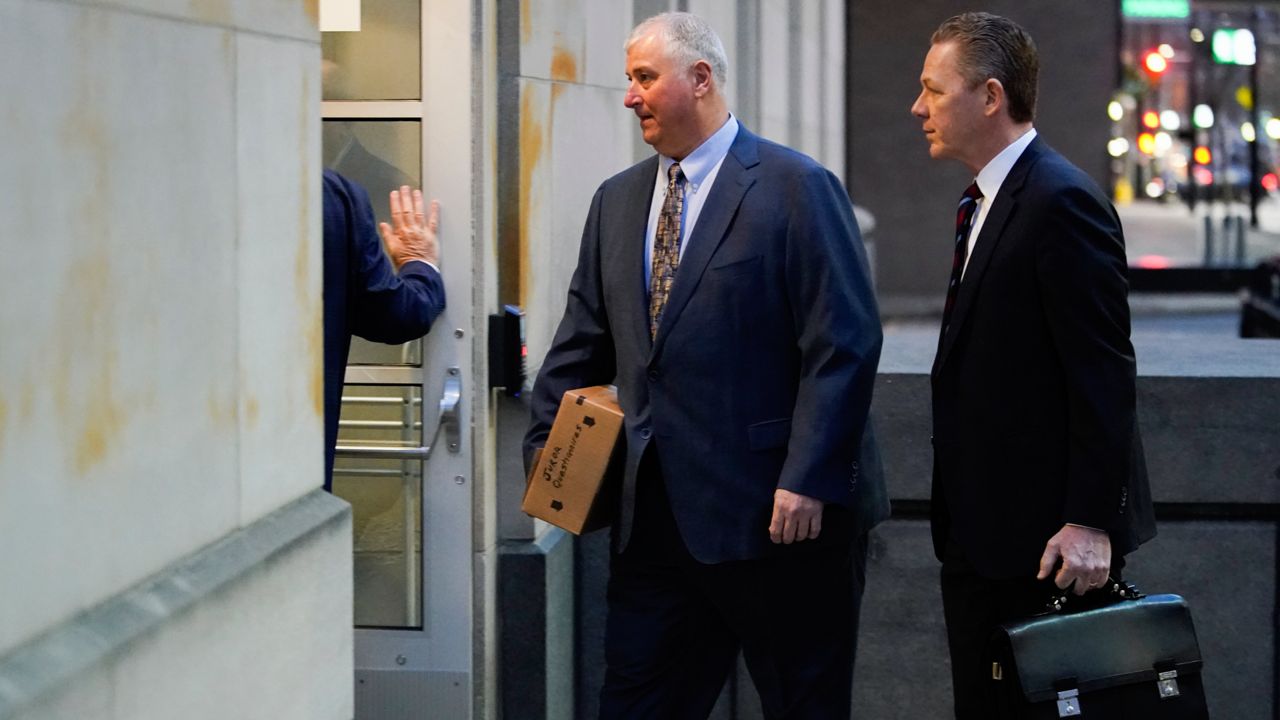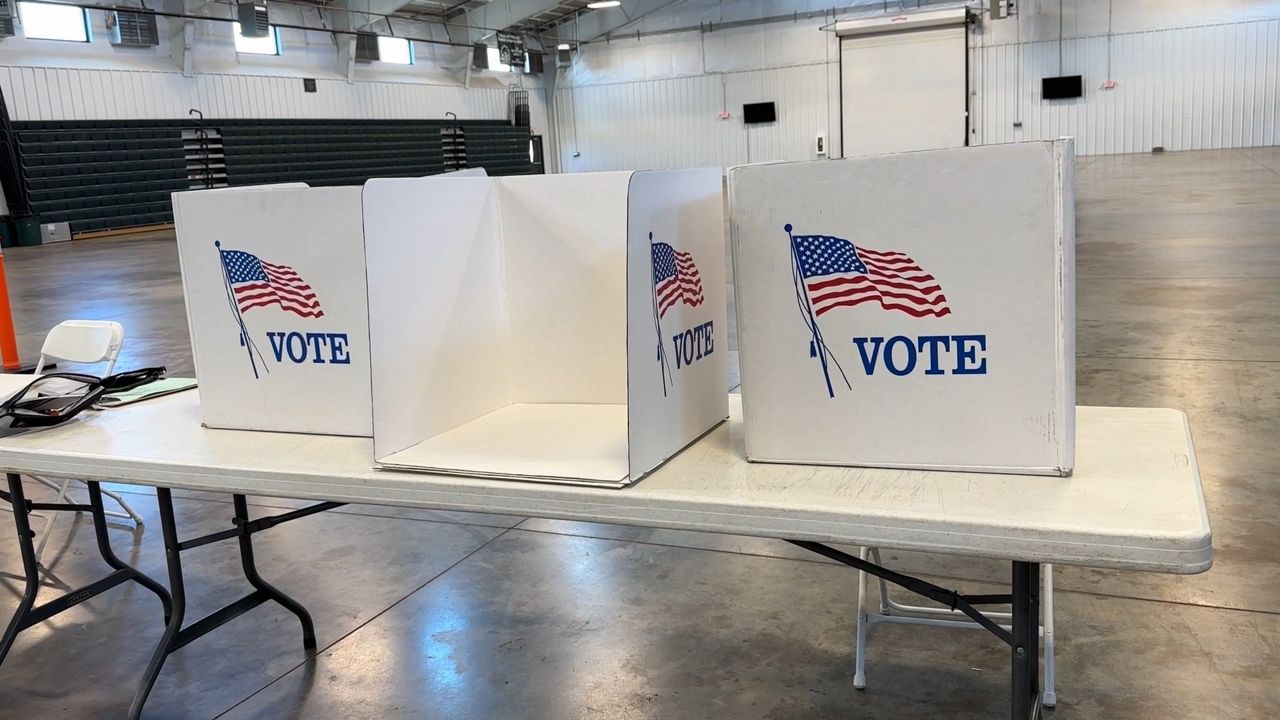COLUMBUS, Ohio — Republican lawmakers are on the verge of passing a bill that would strengthen punishment for any disorderly conduct at protests. However, equal rights groups argue the bill goes too far in holding innocent people responsible.
In a text, the chair of the Ohio House Criminal Justice Committee, Rep. Jeff LaRe, R-Violet Township, said it is a "good possibility" a bill that would come down harder on anyone who participates in violent protests will be recommended Wednesday for a full House vote.
The proposal, sponsored by Hamilton County Republicans Cindy Abrams and Sara Carruthers, stems from demonstrations around the state in 2020 in response to the deaths of George Floyd and others.
"If you are out there peacefully protesting, this is not going to affect you. Again, It's when you make the conscious decision to pick up the brick and throw it through the window of the business, the small business, and cause destruction there. That is when obviously you will be arrested at that point," said Abrams.
The Ohio Law and Order Act creates a number of crimes when it comes to rioting while increasing penalties for existing offenses. It also expands the state's Corrupt Activity Laws to include anyone who helps someone riot. Finally, it gives a law enforcement officer injured during a riot the chance to sue anyone who was responsible.
"There are organizations that absolutely plan these riots. I'm going to call it what they are. And our first responders, they're out there defending your right to peacefully protest. They do not deserve to be injured in these violent riots, quite frankly," Abrams said.
But others disagree.
"In my 23 years of doing this work with the ACLU of Ohio, this is easily the most offensive bill with regard to free speech that I have seen," said Gary Daniels with the ACLU of Ohio.
Daniels said the bill is dangerous because he thinks it will scare off law abiding citizens from peacefully protesting.
"In the First Amendment world, it's a term known as the chilling of speech, the idea that you will not speak, that you will not engage in speech because you are afraid of the recriminations or the penalties from government. So oftentimes just the chilling of speech itself is a First Amendment violation," Daniels said.
If a person were found guilty of one of the offenses, their assets could be seized and their organizations shut down. Those are similar penalties to what the state and federal government enforced in response to the 9/11 terrorist attacks.
"It begs the question of, in the plain language, if you provide legal advice to someone, are you guilty of this? If you give them a ride to a protest or civil disobedience later breaks out, how would that be handled under the bill? If you pay the bail for someone who was arrested? Basically, all of these actions, which would constitute material support or resources again, would have you running afoul of Ohio's corrupt activity laws," said Daniels.
Abrams said that is up to the courts to decide.
"My intention was you are planning this. You're knowingly planning this riot. It's not a peaceful protest, [it's] far from it," said Abrams.
House Democrats have introduced police reform bills which Daniels reminds was the cause of the protests. However, they have not gained any traction. Daniels says the ACLU has litigated cases involving the chilling of speech and House Bill 109 could be another.










